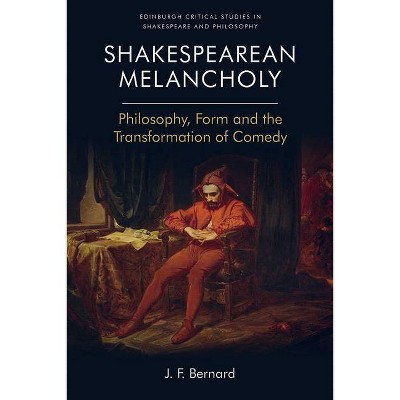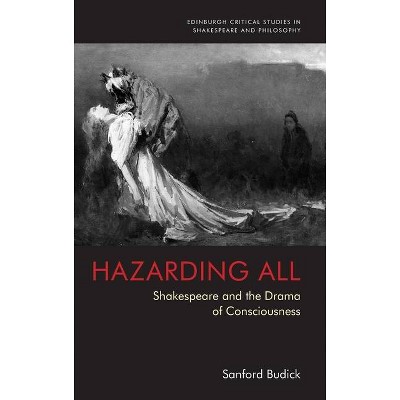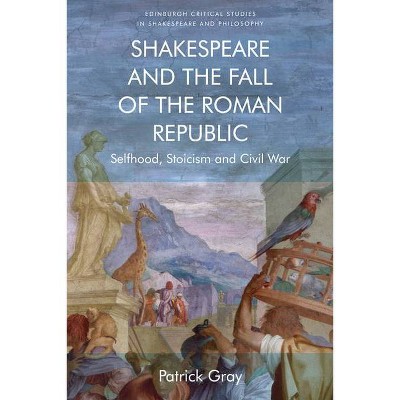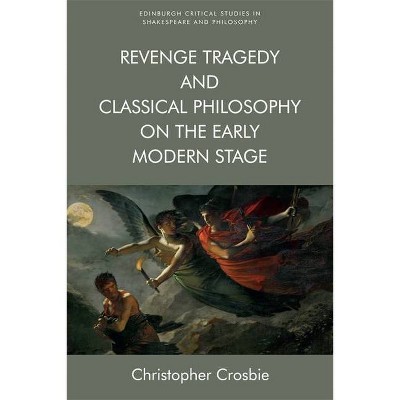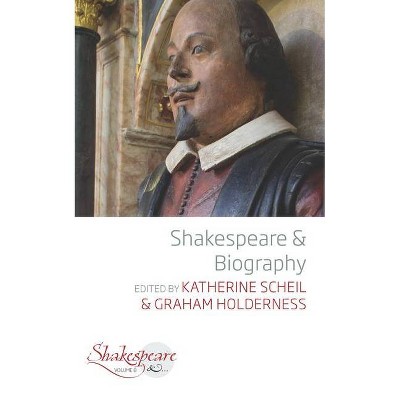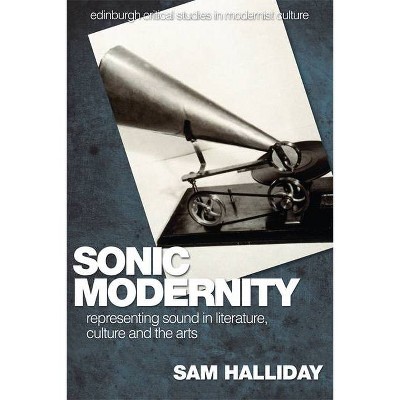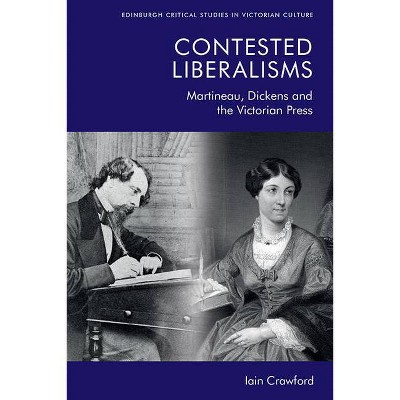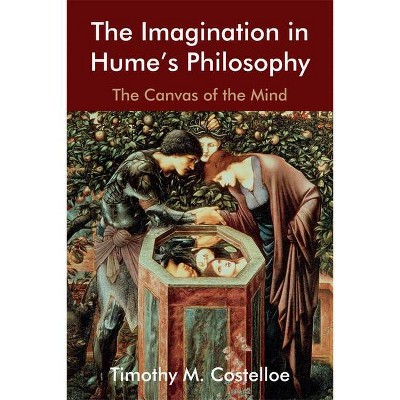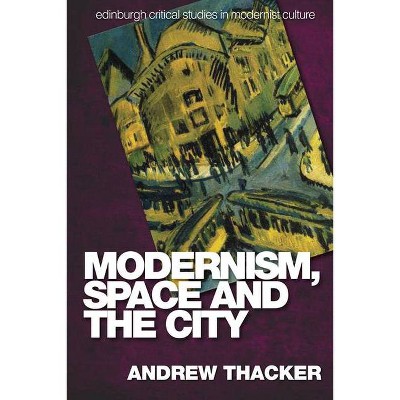Chaste Value - (Edinburgh Critical Studies in Shakespeare and Philosophy) by Katherine Gillen (Paperback)
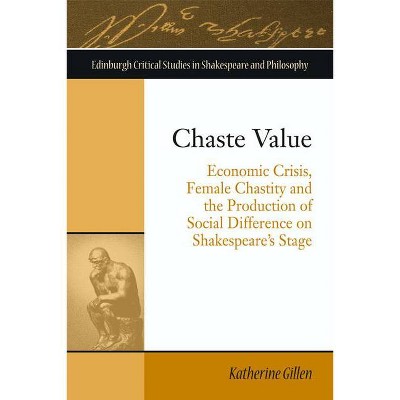
Similar Products
Products of same category from the store
AllProduct info
<p/><br></br><p><b> About the Book </b></p></br></br><p><i>Chaste Value </i>reassesses chastity's significance in early modern drama, arguing that presentations of chastity inform the stage's production of early capitalist subjectivity and social difference. </p><p/><br></br><p><b> Book Synopsis </b></p></br></br><p><strong>Examines the way that theatrical representations of chastity inform broader concerns about the commoditisation of people in early capitalism</strong></p><i> <p>Chaste Value </i>reassesses chastity's significance in early modern drama, arguing that presentations of chastity inform the stage's production of early capitalist subjectivity and social difference. Plays invoke chastity--itself a quasi-commodity--to interrogate the relationship between personal and economic value. Through chastity discourse, the stage disrupts pre-capitalist ideas of intrinsic value while also reallocating such value according to emerging hierarchies of gender, race, class, and nationality. Chastity, therefore, emerges as a central category within early articulations of humanity, determining who possesses intrinsic value and, conversely, whose bodies and labor can be incorporated into market exchange.</p><b> <p>Key Features</p> <ul></b> <p> <li>Reevaluates early modern drama's engagement with female chastity, situating them within broader anxieties about personal commoditization in early capitalist England</li> <li>Offers an update/corrective to new economic critical approaches by demonstrating how concerns about personal and economic value shape emerging hierarchies of race, class, gender, and nationality</li> <li>Uniquely synthesizes current topics of concern in early modern literary studies</li> <li>Offers innovative readings of seventeen literary works in relation to early modern debates about value, exchange, commoditization, and subjectivity</li></ul><p/><br></br><p><b> From the Back Cover </b></p></br></br>*APPROVED* Examines the way that theatrical representations of chastity inform broader concerns about the commoditisation of people in early capitalism Chaste Value reassesses chastity's significance in early modern drama, arguing that presentations of chastity inform the stage's production of early capitalist subjectivity and social difference. Plays invoke chastity--itself a quasi-commodity--to interrogate the relationship between personal and economic value. Through chastity discourse, the stage disrupts pre-capitalist ideas of intrinsic value while also reallocating such value according to emerging hierarchies of gender, race, class, and nationality. Chastity, therefore, emerges as a central category within early articulations of humanity, determining who possesses intrinsic value and, conversely, whose bodies and labor can be incorporated into market exchange. Katherine Gillen is Assistant Professor of English at Texas A&M University-San Antonio. Her work focuses on issues of economics, social difference, and theatrical representation in the works of Shakespeare and his contemporaries. She has published articles in edited collections and in journals such as Early English Studies, Cahiers Elisabéthains, Shakespeare Jahrbuch, and Studies in English Literature.<p/><br></br><p><b> Review Quotes </b></p></br></br><br><br>Gillen's book digs deeply into the drama of the period, far beyond Shakespeare (despite its title), pursuing a host of problems currently at the forefront of scholarship: the methodology of the new economic criticism, how playwrights thought about the project of the commercial theater itself, and<br>how early capitalism provoked new models of performative subjectivity, among other problems. <br>-- Henry S. Turner, Recent Studies in Tudor and Stuart Drama 'SEL Studies in English Literature 1500-1900, ' Volume 58, Number 2, spring 2018, pp. 473-537 <br><p></p><br><br><p/><br></br><p><b> About the Author </b></p></br></br><p>Katherine Gillen is Assistant Professor of English at Texas A&M University-San Antonio. Her work focuses on issues of economics, social difference, and theatrical representation in the works of Shakespeare and his contemporaries. She has published articles in edited collections and in journals such as <i>Early English Studies</i>, <i>Cahiers Elisabéthains</i>, <i>Shakespeare Jahrbuch</i>, and <i>Studies in English Literature</i>.<p>
Price History
Cheapest price in the interval: 40.95 on November 8, 2021
Most expensive price in the interval: 40.95 on December 20, 2021
Price Archive shows prices from various stores, lets you see history and find the cheapest. There is no actual sale on the website. For all support, inquiry and suggestion messages communication@pricearchive.us

